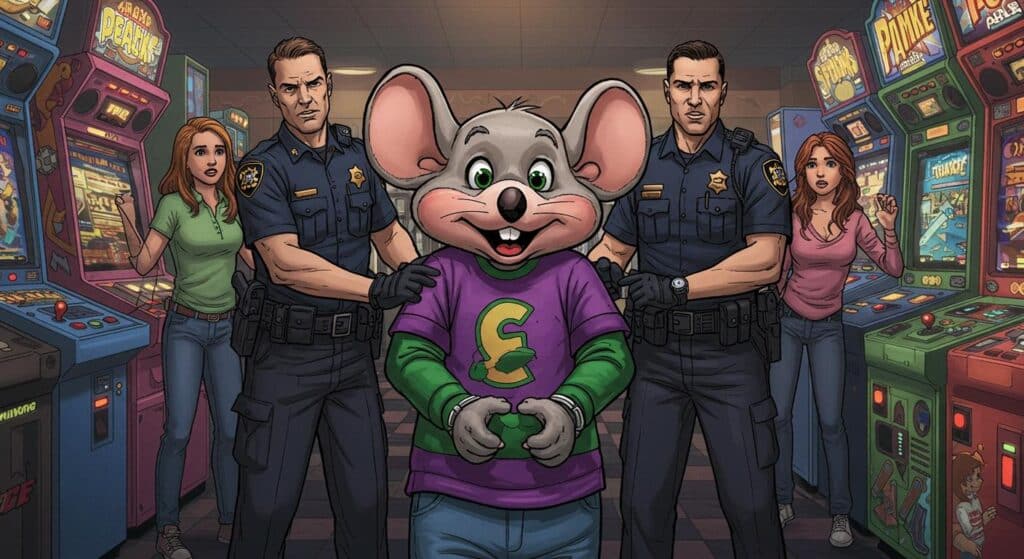Sometimes a news story reads like a translation error from reality. Case in point: a Seattle lawsuit alleging that military aerobatics played a fatal role in one pet owner’s worst day. As MyNorthwest chronicles, Lauren Ann Lombardi claims her elderly cat, Layla, endured a series of panic attacks triggered by the Blue Angels’ annual airshows—panic she asserts led straight to euthanasia.
It sounds improbable, though Seattle’s relationship with the loud, low-flying jet teams has rarely been straightforward. For more than five decades, the Blue Angels have thundered over Seafair festivities, rattling windows, nerves, and, apparently, the occasional four-legged observer.
Jet Noise, Health Hazards, and an Unhappy Cat
Delving into court documents referenced by MyNorthwest, which builds on details from KIRO 7, the story begins with Layla, an elderly cat already diagnosed with congestive heart disease. Lombardi alleges that the 2023 and 2024 Blue Angels demonstrations caused physical illness in her pet, including a dangerously high heart rate and visible distress, ultimately making euthanasia the only humane option.
But Lombardi’s suit is anything but singular in its claims. MyNorthwest pulls together highlights from studies included in the lawsuit: one estimates that over 74,000 residents in the region are exposed to sound levels from the airshows that could cause health issues in humans. Another, as mentioned in the court filings, suggests such jet noise disrupts the behavior of local marine life—endangered orcas among them. Is this an overstated alarm, or is Seattle’s airspace a genuine public health debate waiting to happen?
Beyond Feline Grief: Lawsuit with Broader Aims
The legal action stretches far past financial damages. MyNorthwest further illustrates that Lombardi is asking for an injunction to prevent the Blue Angels from blocking social media critics, restoration of access to her own previously-blocked Instagram account, and even First Amendment training for Navy personnel responsible for online pages. The complaint asserts she “was prevented from commenting, receiving information, or participating in public discussions on the page,” an action argued to suppress her criticism of government conduct and therefore violate her constitutional rights.
Court records cited in the MyNorthwest report, referencing KIRO 7’s coverage, spell out Lombardi’s determination to link local military performance with direct impacts—not only on her household, but across the community’s physical and digital boundaries.
Community Noise, Climate Concerns, and a Billboard Warning
Seattle’s evolving relationship with the Blue Angels is more than an annual summer inconvenience. This backdrop is underscored by a billboard highlighted in MyNorthwest: an unambiguous “SAY NO TO BLUE ANGELS” message now adorns Rainier Avenue S., installed by the Airshow Climate Action Coalition. The group’s stated concerns wrap together health, noise, and environmental anxieties, with some pressing for a broader “demilitarization” of Seafair itself.
The Navy, maintaining its boilerplate caution, has reportedly declined comment, citing the pending lawsuit. But within city limits, the conversation seems far from closed—especially now that Instagram activism, public petitions, and legal demands are sharing the airwaves with jet engines and vapor trails.
What’s the threshold at which civic spectacle tips into legitimate public health hazard? Would Layla’s story resonate if it weren’t tied up with broader worries about pollution, decibels, or digital speech rights?
Reflections on Collateral Damage—And Unintended Fame
At the heart of this lawsuit lies a tangle of issues uniquely of-the-moment: the overlap of military pride and civilian protest, digital expression and government moderation, and the often-overlooked vulnerability of animals easily spooked by the “sound of freedom.” In earlier reporting, MyNorthwest notes the steady uptick in organized opposition to the Blue Angels and the ways in which this latest case—however unusual—mirrors years of localized complaints.
Will this case lead to meaningful change, another layer of guidelines, or simply a future trivia answer (“Who famously sued the Navy over a cat?”)? You have to wonder: is this about Layla, or something much bigger? And just how much noise are we willing to accept as background for our festivals and pageantry, before someone draws the legal line?
Whichever side you land on, in the Venn diagram of urban living, military tradition, and passionately cared-for pets, Seattle’s latest lawsuit lands squarely in the overlap labeled, “modern American absurdity.” Here’s betting Layla’s story will echo—if not quite as loudly as those fighter jets—for some time yet.







